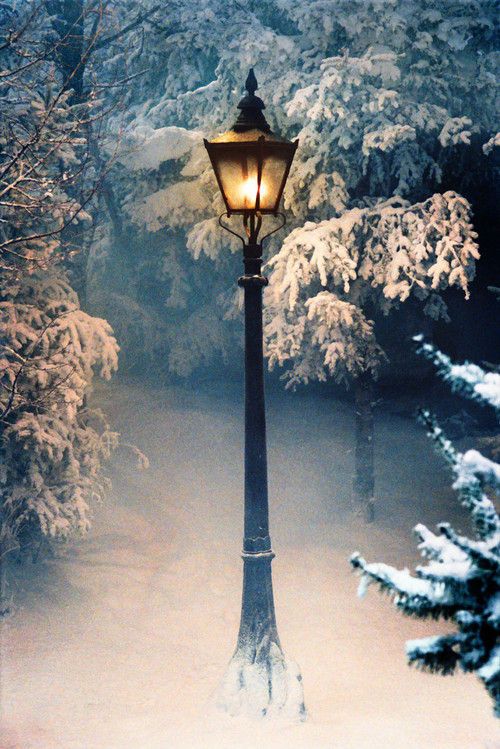A little over twenty seven years ago, we moved from Cincinnati to Rock Hill, South Carolina. At that time we said that we were never moving again. Famous last words! We have just moved into a new house. The house and yard had become more than we could handle and we decided we needed a smaller place. Added to that were some repair issues that had become expensive due to a plumbing mishap. Did I mention that I hate plumbing?
After a few months of sort of looking, but sort of not, we got serious and put our house on the market. Knowing that we were looking for a smaller place meant that we had to let a lot of things go. We began to look at all the stuff that had accumulated over the years. I had inherited the “maybe I can use this someday” gene from my father, so there was quite a bit. The challenge was to pare the things from a 1500 square foot, three bedroom. two bath home with a dining room, garage, back patio, shed and a half acre yard down to where they would fit into an 850 square foot, two bedroom, one bath house with less than a quarter acre lot.
I made numerous trips to charitable organizations and to our county’s waste/recycling center. Facebook Messenger became our friend. It was hard to let go of many of the things, especially furniture. Fortunately, we made some money from selling much of the furniture and a great deal of it went to people who would get good use of it. One couple bought a dresser and were going to donate it to a local women’s shelter, and we sold a rocker and footstool to a couple that was expecting their first child. That was a blessing to us. Our son and daughter-in-law, and daughter and son-in-law have been an amazing help with the purging and the planning.
We moved into the house the week after Thanksgiving. I have again made numerous trips to recycling and charitable places. As it turned out, we used a lot of cardboard boxes and also had to do more downsizing. It’s been a busy week and a half, and there is still furniture to put together and positioned, art to hang, and stuff to put away. I’m going to hold off on the yard until the spring.
It was hard to leave a place where we made so many good memories. Fortunately we can carry those memories with us and we will make new ones. We are closer to our church community, and to many other places and activities we have been a part of. The move has been stressful at times, and there were even a few times when I wondered if it was worth it. At those times, I could sense the Father saying, “I got this.” Jan and I are looking forward to getting to know our neighbors and learning to love them well, and to what lies ahead of us on this part of the journey.
We’re not moving again. I guess I shouldn’t be saying that should I?

